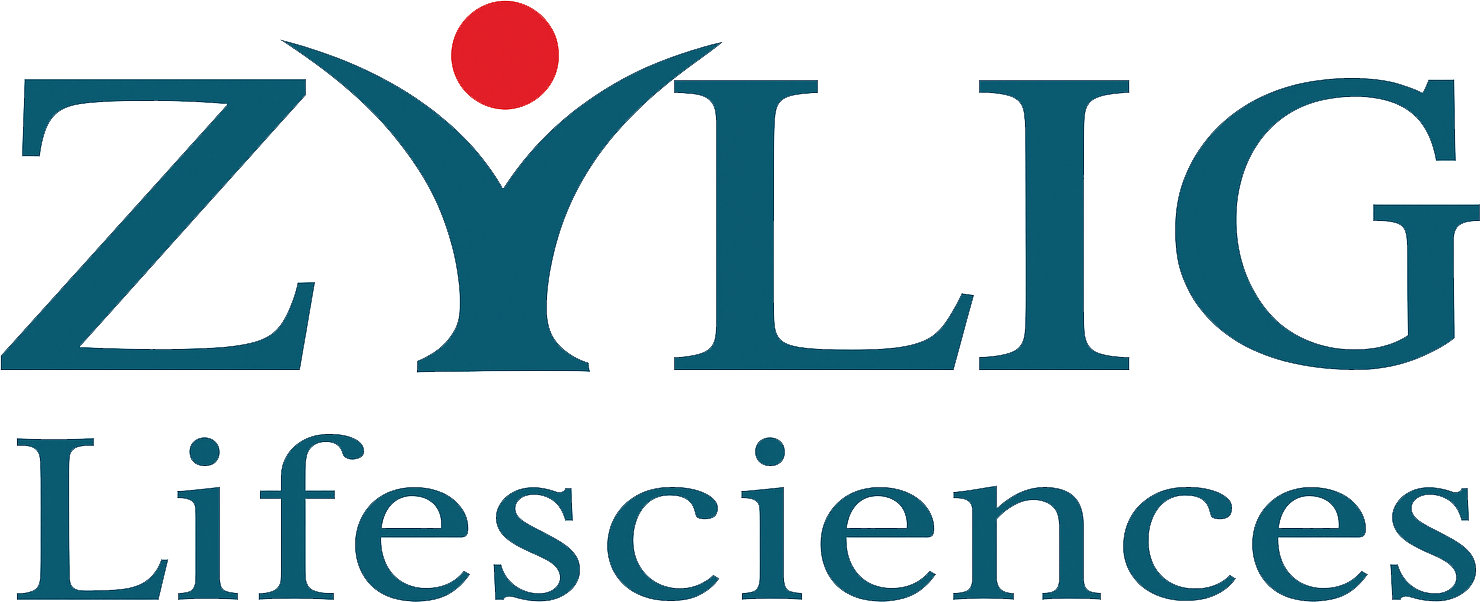In India, with a population of over 1.4 billion people and the increasing number of health emergencies. There is a higher demand for speedy-acting medicines. India’s critical care sector is expected to hit a strong 15.5% compound annual growth rate (CAGR) by 2030 as per recent healthcare industry reports. And it works its way into this new industry, where injectable medicines dominate critical care. Injectable medications for critical care bring immediate relief and are thus at the heart of life-saving therapy. In India, more than 5 million patients receive treatment in intensive care units (ICUs) every year, with cardiac arrests, sepsis, and respiratory arrests increasing. During such health emergencies, injectable medicines bring immediate relief.
Zylig Lifesciences has played a major role in meeting this urgent demand with advanced formulations. Due to the availability of dongles and advanced medical technology. The injectable medicines have become quite powerful, safer, and quicker to work on, which is changing the face of patient care in Indian hospitals.
What Makes Injectable Medications Vital for Critical Care in India?
• In emergency rooms and intensive care units, life and death hang in the balance of seconds. In India alone, with more than 70,000 ICU beds. So that’s why injectable medications for critical care are the preferred medicines.
• Research has proven injectable therapy to be time-efficient by up to 60% compared to oral tablets. The Indian Council of Medical Research (ICMR) has pointed out an increase in lifestyle emergencies, which means adding an extra 10–12% to ICU admissions each year.
• There are many diseases in which injectables are gaining popularity, such as regulating blood pressure, infection, and so on. Even though the disease burden in India continues to increase, which accounts for 63% of the total mortality of non-communicable diseases. Its use is also increasing day by day.
• Aside from that, the reliable injectable critical care company has enhanced their processes. Moreover, they now produce more stable medicines for extended durations of time and work more effectively. Physicians and hospitals believe in these new medicines since they enhance the rate of recovery and limit hospitalisation.
How Are Indian Companies Changing the Future of Injectable medications for critical care?
Indian Pharma’s Rising Share in Global Markets
India is the world’s third-largest volume producer of pharmaceuticals. It manufactures over 60% of the world’s vaccines and most of the injectable medicines required for critical care. Indian companies have shipped over USD 25 billion worth of pharmaceuticals, the majority of which are critical care injectables. Market leaders in this space industry, such as Zylig Lifesciences, offer Indian and global hospitals various types of injectable medicines regularly, at competitive prices and with high quality.
New-Generation Injectables Making Treatment Safer
Injectable Critical Care medications are better and safer than ever. Highly advanced antibiotics, anesthetics, pain relief medications, and heart medicines are now manufactured in India with minimal side effects. New-generation medicines act faster with fewer side effects.
Modern Technology Supporting Faster Drug Delivery
Your technology has rapidly changed the way injectables are handled. Newer hospitals use high-tech infusion pumps to accurately administer medications and prefilled syringes. These developments make it possible to avoid missteps and minimize the risk of infection. In India, over 65% of private hospitals installed these new devices in their critical care units. Better recovery rates, reduced ICU stays, and improved patient safety. Critical care injectable companies partner with hospitals for smarter, better emergency solutions.
Why Is India’s Critical Care Market Booming?
Indian health care is going through its highest growth ever. Moreover, with the rise of the middle class and awareness about health, patients are looking for more advanced treatments. Government schemes such as the National Health Mission have considerably enhanced hospital facilities. Government as well as private hospitals can now treat emergency conditions, to a great extent, with the assistance of injectable medicines. Other than this, medical tourism is also growing to a great extent.
These patients mainly chose Indian hospitals due to the low-cost but high-quality ICU facility provided. One of the main reasons for this popularity is the injectable medicines facility for critical care, which provides instant results for foreign patients.
Conclusion
India’s healthcare is evolving at a very fast pace, particularly in critical care medicines. These Injectable medications for critical care are now a mainstay in the doctor’s armament, a lifesaver in the realm of critical care. With the growing disease burden in India and rising ICU admissions, the demand for injectables will rise. The injectable critical care businesses have played a vital role in this revolution. Moreover, Zylig Lifesciences delivers world-class injectable medicines of international standards.
Frequently Asked Questions
Q1. Why are injectable medications for critical care preferred over oral medicines?
Critical care injectable medications are given in place of oral medicines, as injectable medications act faster as they are given by injection. Physicians thus administer them instead of tablets.
Q2. Which Indian companies are leading in critical care injectables?
When it comes to the best injectable critical care company, Zylig Lifesciences leads the race in manufacturing injectable medicines for critical care. Thus delivering lifesaving medicine to Indian and global hospitals.
Q3. What advancements have been made in injectable medicines?
Newer injectable medicines are safer, faster-acting, and have fewer side effects. Hence, advanced delivery systems like automated pumps and prefilled injections have also improved patient safety and treatment outcomes.

